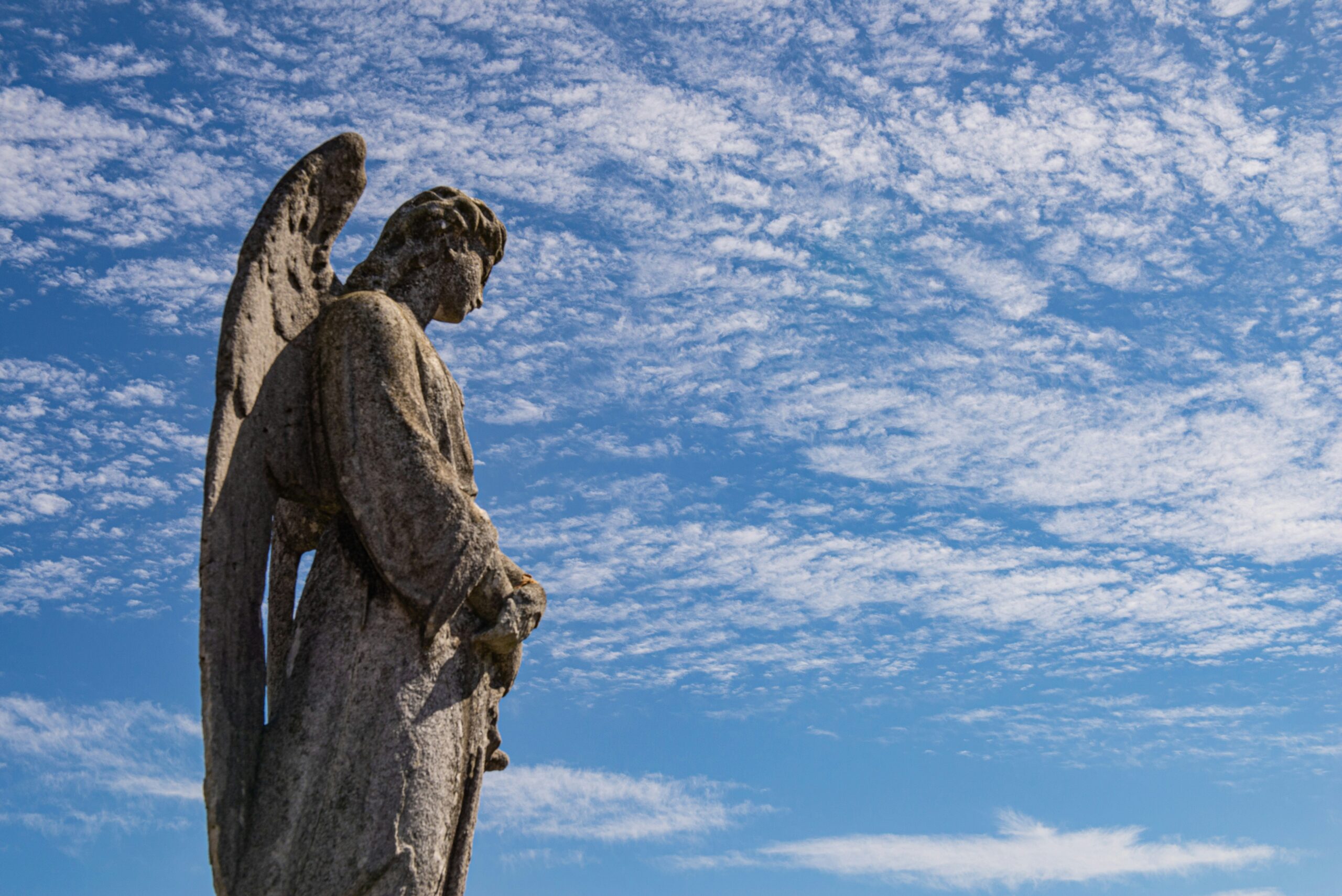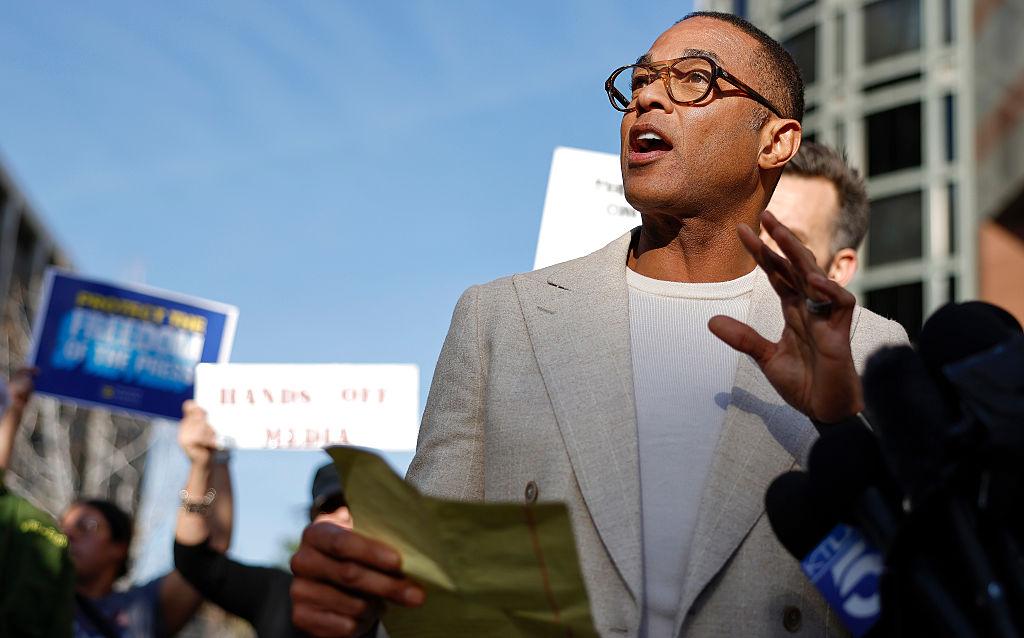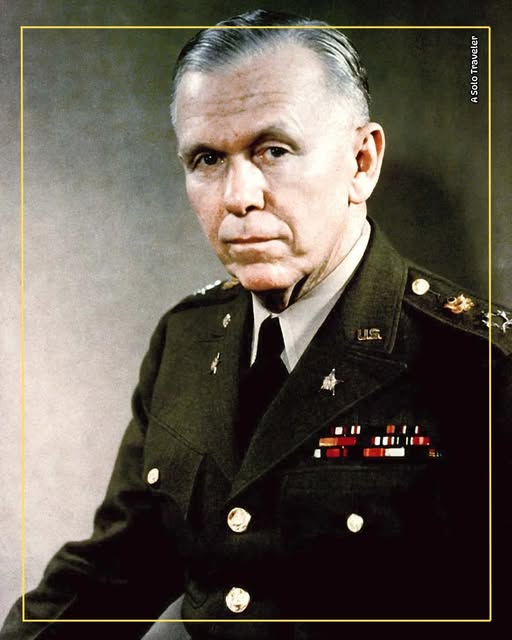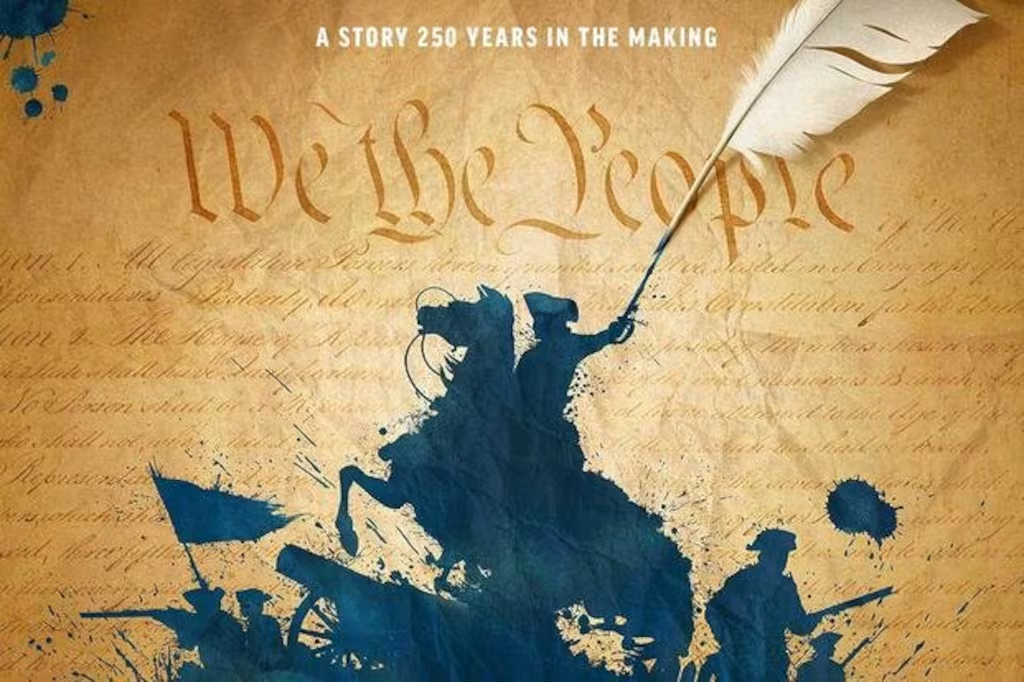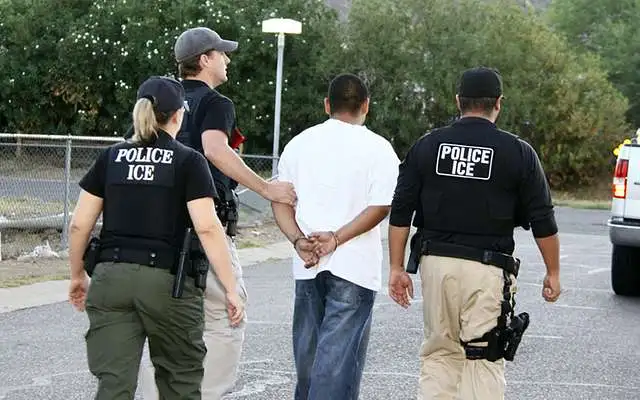Julian Assange – founder and director of WikiLeaks, claiming he was only acting as a journalist revealing the truth about government secrets – was taken into custody by the Metropolitan Police Service in London after seven years of self-imposed confinement in the Ecuadorian Embassy.
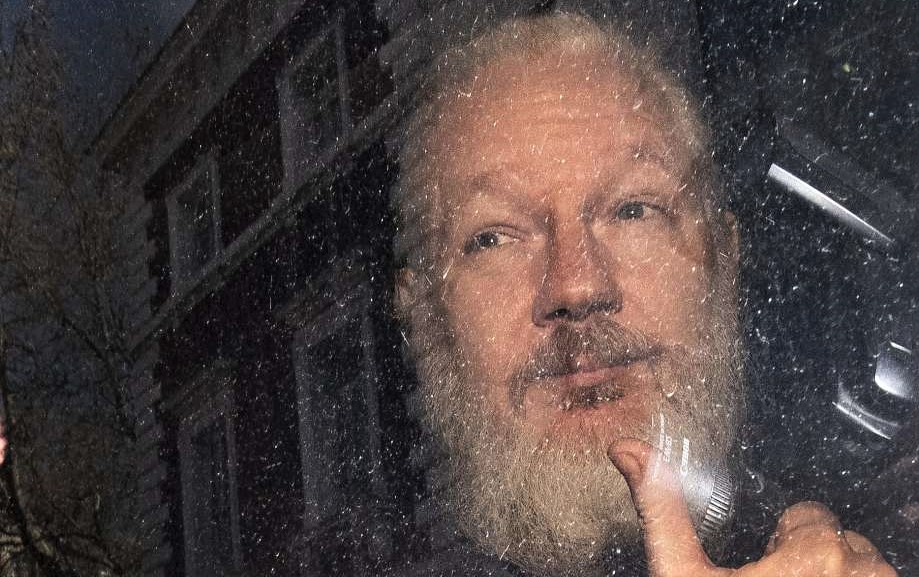
Photo: Victoria Jones, Associated Press
In 2010, Assange and WikiLeaks published classified American military and diplomatic documents delivered to him by former Army intelligence analyst Chelsea Manning. While other news outlets have published many of the documents, what makes the case against Assange different is the fact that he directly aided Manning in breaking pass codes that allowed him access to the documents, court papers show. American sources around the world were put at risk as a result of the documents’ release.
In 2013, Manning pleaded guilty to 10 of the 22 charges and sentenced to 35 years imprisonment, the longest sentence given in such a case. In 2017, President Obama commuted all but four months of the sentence.
However, “Manning has been jailed, again,” The New York Times writes (Apr. 11). “A judge held her in civil contempt last month for refusing to testify before a grand jury about her interactions with WikiLeaks.”
But Assange was the real mastermind behind Manning’s effort as well as the leaks of then-presidential candidate Hillary Clinton’s private e-mails from her personal server. While Assange denied the claim that Russia fed him the e-mails, cybersecurity experts confirm that Russia, in fact, hacked Clinton’s server along with e-mails from the Democratic National Committee.
In March of 2017, WikiLeaks published thousands of secret CIA files which detailed the electronic tools the U.S. government uses to break into users’ computers, mobile phones and even smart TVs.
As reported by CBS News (Mar. 2017), former deputy CIA director, Michael Morell said, “This is huge, in terms of what it will tell the adversaries. We’ll have to essentially start over in building tools to get information from our adversaries, just like we did with Snowden.”
In his book, The Great War of Our Time, many of the documents Manning provided WikiLeaks included cables that “reported on discussions that U.S. diplomats had with foreign leaders as well as our diplomats’ thoughts on a large variety of foreign policy issues. The damage to U.S. foreign policy was immediate and significant,” Morell said, adding, “[we need] to ensure that secrets stay secrets.”
What’s next for Assange?
He faces extradition to the U.S. for his crimes.
“The indictment unsealed Thursday,” The Times writes (Apr. 11), “charged him with conspiring to commit unlawful computer intrusion based on his alleged agreement to try to help Ms. Manning break an encoded portion of passcode that would have permitted her to log on to a classified military network under another user’s identity.”
Why was Assange able to remain inside the Ecuadorian Embassy for so long?
“Mr. Assange took refuge in the… embassy in June 2012 to avoid extradition to Sweden, where he faced questions about sexual assault accusations, which he has denied. Sweden rescinded its arrest warrant for Mr. Assange in 2017, but he refused to leave the embassy.
“Under a previous president, Ecuador had offered Mr. Assange citizenship and open-ended refuge in its embassy….
“The Ecuadorean government said last year that it had cut off Mr. Assange’s internet access, saying that he had violated an agreement to stop commenting on, or trying to influence, the politics of other countries. The government also imposed other restrictions, like limiting his visitors. He sued in October, claiming that it was violating his rights.
Ecuador’s new president Lenín Moreno and “The Ecuadorean government suspended the citizenship it had granted Mr. Assange and evicted him on Thursday, clearing the way for his arrest. His hosts had displayed growing impatience, listing grievances including recent WikiLeaks releases they said interfered with other states’ internal affairs and personal discourtesies, like the failure of Mr. Assange to clean the bathroom and look after his cat.”
However, Assange and his supporters will undoubtedly mount a fierce court battle which could take years before he could be extradited to the U.S.
The ethical lines between honest journalism and a direct assault on vital intelligence-gathering continue to blur.
Comments
